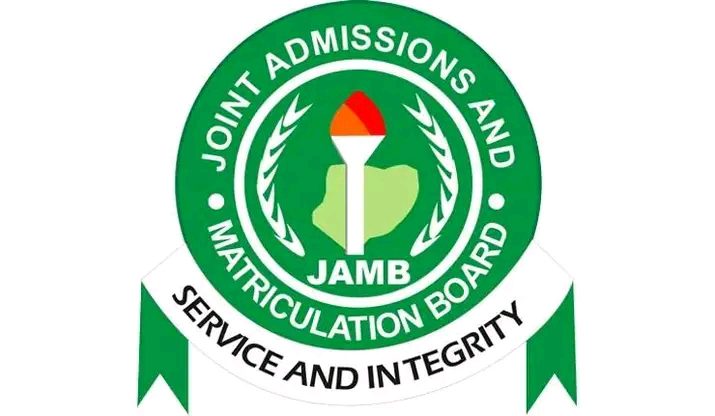French JAMB Syllabus

Unlocking the doors to prestigious Nigerian universities can be an exciting yet daunting journey.
Aspiring Francophones face a crucial hurdle: the Joint Admissions and Matriculation Board (JAMB) French exam.
But fear not! This detailed guide unveils the secrets of the JAMB French syllabus, equips you with essential knowledge, and empowers you to conquer the exam with confidence.
This blueprint outlines the areas you’ll be assessed on, ensuring you focus your efforts efficiently.
Here’s a comprehensive breakdown of the vital information you need:
1. Written Comprehension in French (40%)
Focus: Assessing your ability to understand texts of varying complexity on general and contemporary topics.
Areas Covered: News articles, essays, letters, advertisements, brochures, etc.
Skills Tested: Vocabulary retention, grammar comprehension, identifying main ideas, inferring meaning, drawing conclusions.
Preparation Tips: Read diverse French materials daily, practice summarizing texts, focus on vocabulary building, and improve critical thinking skills.
2. Principles Governing the Structure and Use of Written French (30%)
Focus: Evaluating your mastery of French grammar and syntax.
Areas Covered: Parts of speech, verb conjugations, tenses, sentence structure, agreement, punctuation, etc.
Skills Tested: Applying grammatical rules accurately, constructing grammatically correct sentences, identifying and correcting errors.
Preparation Tips: Practice grammar exercises regularly, utilize past JAMB French questions, utilize flashcards for verb conjugations, and analyze model essays for proper structure.
3. Workings of French Sounds (15%)
Focus: Assessing your understanding of French pronunciation and phonetics.
Areas Covered: Accentuation, intonation, liaison, nasal vowels, silent letters, etc.
Skills Tested: Recognizing and reproducing correct pronunciation, transcribing sounds into written forms, and identifying phonetic patterns.
Preparation Tips: Listen to native French speakers, practice shadowing audio recordings, utilize pronunciation guides and dictionaries, and focus on mimicking the rhythm and flow of the language.
4. Culture and Civilization (15%)
Focus: Evaluating your knowledge of Francophone African and French culture.
Areas Covered: Geography, history, traditions, customs, socio-political systems, art, literature, music, etc.
Skills Tested: Identifying cultural references, understanding the impact of history on society, and comparing and contrasting cultural aspects with Nigeria.
Preparation Tips: Read books and articles about Francophone culture, watch French movies and documentaries, research famous Francophone figures, and practice drawing connections between French and Nigerian cultures.
Bonus Tip: Don’t neglect past JAMB French questions! Analyzing them provides valuable insights into question formats, recurring themes, and the examiner’s expectations.
FAQs
What are the recommended resources for preparation?
The following resources are highly recommended:
- JAMB Syllabus for French: Download the official syllabus from the JAMB website for a detailed breakdown of the content.
- JAMB Approved Books for French: Utilize the list of officially approved textbooks to ensure your studies align with the exam expectations.
- Past JAMB French Questions: Familiarize yourself with the question format and practice solving past papers.
- Online Resources: Numerous websites and apps offer French tutorials, practice exercises, and mock exams.
- French Tutors: Seek guidance from experienced French tutors for personalized assistance and targeted revisions.
How can I improve my vocabulary?
- Immerse Yourself in French: Surround yourself with the language by listening to French music, watching movies and series, and reading books and articles.
- Flashcards and Apps: Utilize flashcards and language learning apps to memorize new words and practice daily.
- Contextual Learning: Pay attention to how words are used in different contexts to solidify their meaning and usage.
- Note-Taking: Maintain a vocabulary notebook to record new words, their definitions, and examples of their usage.
What are some effective study strategies?
Create a Study Schedule: Set achievable goals and dedicate specific times for studying different aspects of the syllabus.
- Active Learning: Don’t just read passively; engage with the material by taking notes, summarizing key points, and discussing with peers.
- Mock Tests: Regularly take mock exams to simulate the exam experience and identify improvement areas.
- Time Management: Practice managing your time effectively during mock tests to ensure proper completion of all sections within the exam timeframe.
Also Read: Economics JAMB Syllabus





